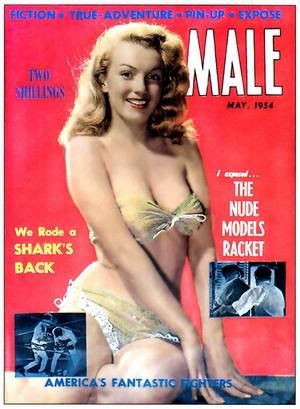I knew it would be hard to pack up my office. That's why it's the end of July and I'm still putting it off. Every day seems too good to wreck by driving down Lake Shore Drive, taking the Balbo exit and turning right, then left onto Harrison. Down past the post office, past Canal just below the train station, west until the tower of University Hall comes into view, a building that looks like a cardboard shoebox set on end, nibbled by rats. Sprinklers spray the street in a vain attempt to make the campus cheery with green grass. Dazed students scurry from building to building, while maintenance workers move slowly, conserving energy.
My girlfriend angrily accosted me at 2 a.m. the other night, demanding to know when I was going to get my act together. By "act," she meant a host of things starting with but not limited to cleaning out my office. The next day my best friend who teaches in Austin agreed that it was perhaps time. "You must DEAL," he told me severely, blowing cigarette smoke at me through the phone. Even so I dawdled my way through the morning, ran a bath, finished reading every section of the paper, and gathered things I had to drop in the mail. When I couldn't put it off any longer, I put on a bra. Putting on a bra is always the last, the final unpleasant thing I have to do before leaving the house. I hate bras. I hate wearing bras. Hating bras is a good way to put off ever going outside. Still, one must deal.
Driving down, I marvel at how familiar the route is, the timing where one changes from one lane to the next, anticipating the big curve at the Drake Hotel, getting over to the right, but not too far right, at Monroe, at Jackson. I try to remember how I used to feel driving this way, when I first came here. I remember how this drive anchored me with its familiar routine when my life itself started getting rough. It was familiar by time my girlfriend left for Boston for good, and this drive was all that was left of our days together in this city. It was familiar when there were new girlfriends, familiar when I was told I couldn't keep my job. Today driving this way feels a lot like it feels when you visit your childhood home and drive to the high school you couldn't wait to leave. You hate it and feel fond at the same time.
Feeling like a spy, I park and march, head down, across campus. No one around. Up the elevator to my office, key out and ready. My door the same, still with a piece of paper that lists my office hours. My office the same, cool and dark, an Ikea rug on the floor, shelves lined with books.
The books daunt me. Many of them belong to the ex that left town, the ex that just got married, the ex I went to graduate school with and moved here with. I don't know what to tell you about why her books are still in my office-- I work at home and needed my books there, she left academia but remained unsure about her attachment to her work, her books, her former life, me. This spring she emailed me that she would like some of them back, if possible. I look at my shelves. This should be as efficient as possible. But the books menace me with their dark little teeth. I unfold a box. Books to send. Books to keep. Books to give away. The tape squeals as I pull the roll against the box seam. The old guy in the next office, the one who hasn't published anything in years but likes to put in a nine-to-five day every day of the week doing God Knows What in there, clears his throat. Good, I think. Let him hear the sounds of packing as he checks his email for the 50th time.
The books should be dead, or sleeping, but they startle me when I hold them in my hands. Iola Leroy, by Francis Ellen Watkins Harper. She used to say her whole name always, as if careful to show that she wasn't talking about any old Francis Harper. Oh, and this nice old edition of Alcott's Little Women. I remember this. And Our Nig. And a book about the Civil War called The Romance Of Reunion. These books are breathing still, alive.
Does she really need an old Norton edition of The Scarlet Letter? But here's her name and the date--1987. Must have been a college book. And the complete Margaret Fuller. She loved Margaret Fuller.
One hour leads to two, and I can't believe how the time has flown. I have been in a time machine with her books and her dreams and her bitter intellectual disappointments--disappointments I couldn't deal with very well at the time because I was too preoccupied trying to hang on to my own precarious academic identity. You don't have to hate academia just because you're leaving it, I remember telling her. Being an entry-level Book Rep is demeaning and humiliating, but it's just a job, and it doesn't take away who you are and what you've accomplished. You can't imagine what it feels like, she would tell me. I want to move on but I have to visit these horrible professors in their horrible offices, then I have to come home to you and your academic colleagues for dinner, for socializing, and your academic worries and preoccupations. I just want to read books again and be happy. I just want it all to feel ok.
An hour has passed. The clock on the wall that needs a battery ticks, its long hand beating feebly against the short hand, yearning up towards twelve. The room is strange, and the thin light filtering through the barred windows is late afternoon light. All her books are in boxes. My books are on the shelves still, and the books I don't want are on the floor in a big pile. My labor is done for today; I can come back and carry stuff out without thinking about it too much. I flee this room, this building, this campus, this part of town, this late afternoon. Her books are closed again, and soon these bits of her life will be on their way back to her. I can almost hear them in their boxes, circling around and around again before settling down, like little dogs.


